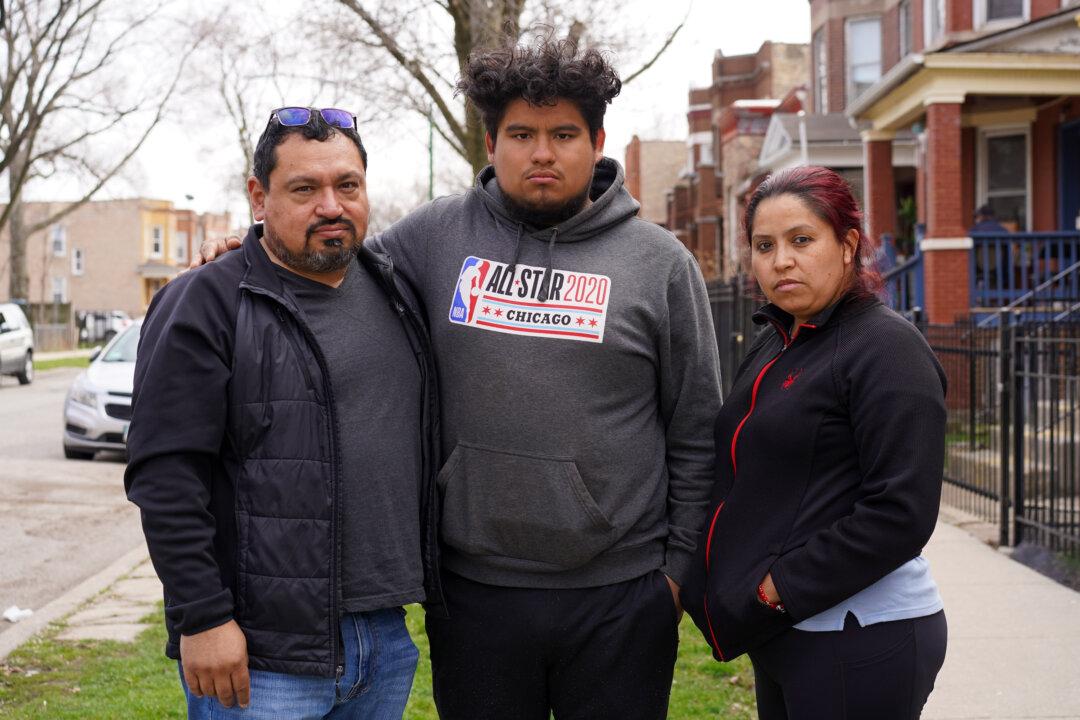Over the past four years, Patricia Carrillo and her husband Hugo Limon have done everything they could to steer drug sellers away from their block.
They took pictures of illicit drug dealings and shared them with police, they mustered the courage to meet with drug crew bosses, and they went to court to plead with judges to lock them up.





